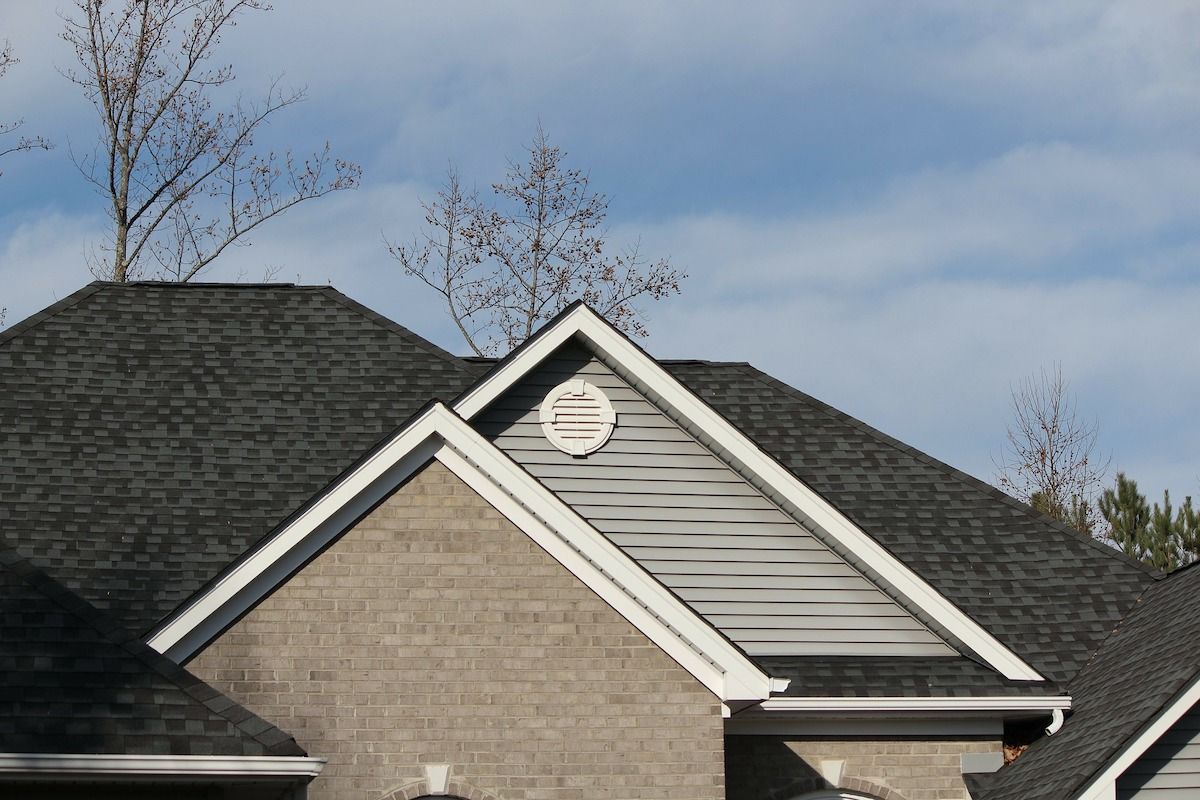The biggest obstacle property owners face when trying to fix or replace their roof is picking the best St. Louis roofer to do the job. After a damaging storm, they need to get the necessary roofing repairs done as soon as possible. However that doesn’t mean they should just pick the first contractor who knocks on their door. Finding a contractor who is trustworthy, honest, and professional may sound challenging. These 10 Tips will help St. Louis property owners find a roofing company that is reputable and can be depended upon to safeguard their house and their wallet.
-
Get St. Louis referrals. There is less chance of potential issues or rip-offs when you choose a contractor from St. Louis. They are more acquainted with local guidelines and code regulations and have a relationship with local work crews and suppliers.
-
Search for St. Louis roofers who have manufacturer designations. Manufacturer designations are a badge of honor because the contractor needs to pass certain minimum requirements to be factory-certified (although, some manufacturers have more stringent requirements than others).
-
Research the Better Business Bureau ratings. Some contractors come in right after a storm looking for work, so if you are not going to use a St. Louis roofer, it’s crucial to look these companies up on the BBB website and make sure they have a great rating. Stay away from contractors who do not exist on BBB.org.
-
Get a warranty. Not all contractors can provide manufacturer warranties that protects the homeowner against poor contractor workmanship. If a contractor installs the roof improperly, it may take months or years for the damage to show up– and insurance won’t pay for it.
-
Be concerned about safety. A contractor without a training or security program might not be the best contractor for your roofing job.
-
Check for proper licensing and insurance. The contractor should have insurance for all workers and subcontractors and be able to offer a copy of their insurance certificate for validation. Not having appropriate insurance might possibly lead to lawsuits between a contractor and property owner if a roof employee sustains an injury at the home. Many states require licensing for contractors, however that does not stop unlicensed contractors from trying to do the roofing work.
-
Pay your deductible. Any contractor who claims they can handle the repair work without having the home owner pay their insurance deductible is defrauding the insurance company and endangering the home owner. The insurance deductible is the obligation of the insured homeowner, and the contractor needs to reflect that in the quote without inflating the estimate to cover all or part of the deductible.
-
Manage your own claim. A contractor who states they are “a claim professional” or can “manage your insurance claim” may be breaking the law. In the majority of states, it is unlawful for contractors to act on behalf of the homeowner when working out an insurance claim. Any contractor who opens the door to potential legal action against you is not acting in your best interest.
-
Don’t give in to pressure. Watch out for a contractor who pressures you to sign a contract before the insurance provider has actually estimated the damage. Some contractors say they can deal with whatever your insurance company settles upon, but the property owner needs to make sure it is the correct amount. The contractor should do a thorough inspection of the house and check to make sure the insurance adjuster found all of the damages.
-
Know your material choices. A contractor who is looking out for you will offer you different shingle options. Different styles and colors of shingles can affect the resale value of your home differently. If the insurance company is paying for a new roof, it may be beneficial for you to make a change and upgrade to a more modern style or one that suits your taste.
